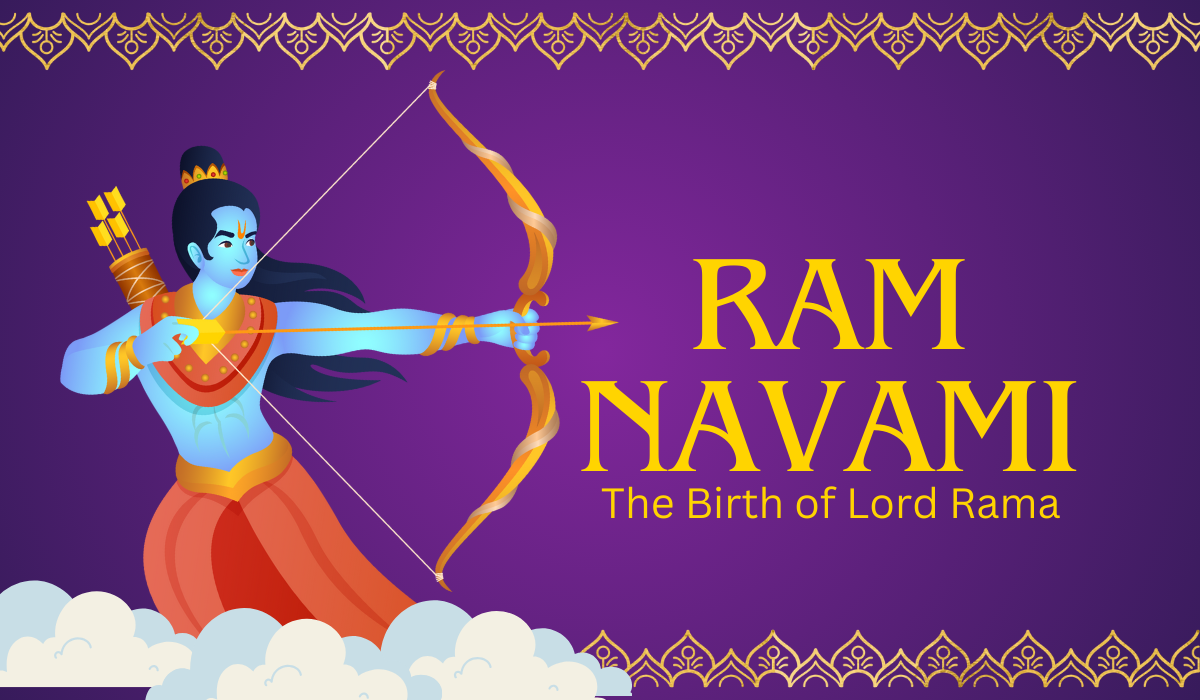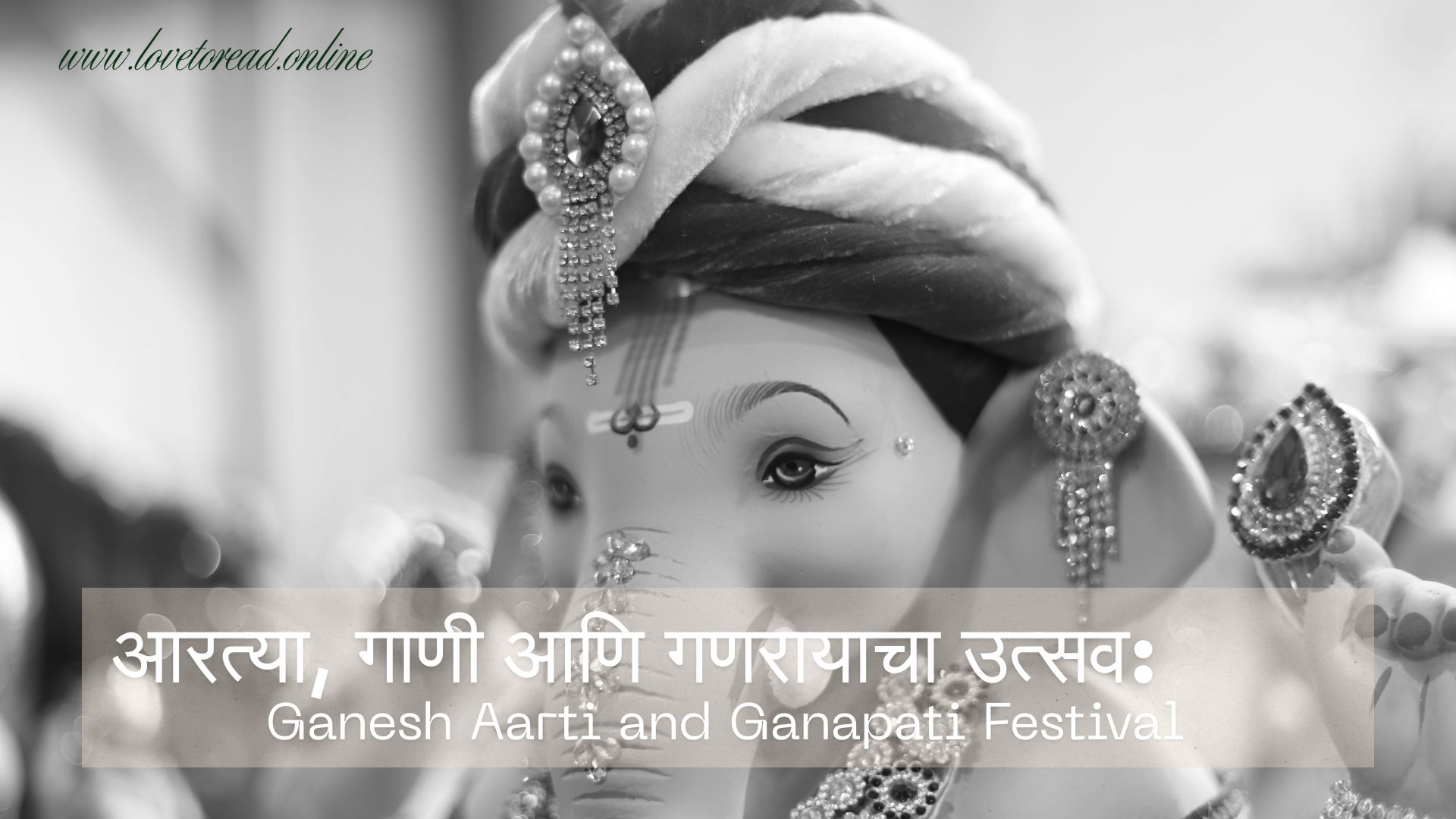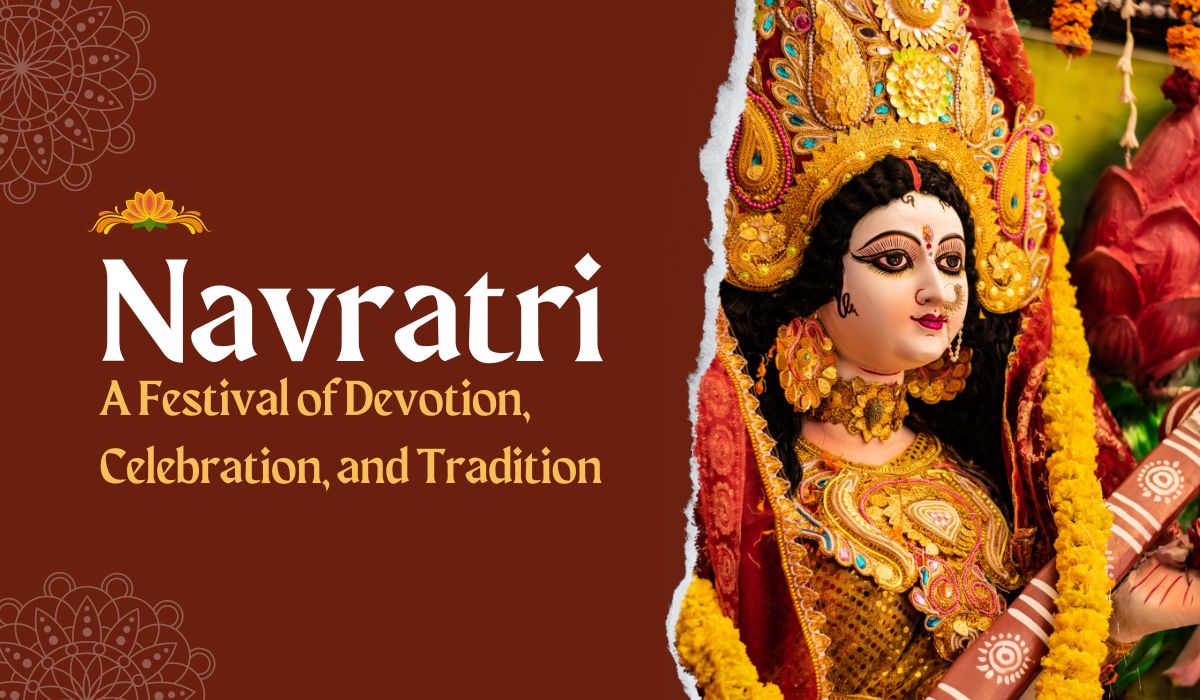Ram Navami, a significant festival in Hinduism, celebrates the birth of Lord Rama, one of the most revered incarnations of the God Vishnu. Observed with great enthusiasm and devotion by millions of Hindus worldwide, Ram Navami falls on the ninth day of Chaitra month in the Hindu calendar. This auspicious occasion not only marks the birth of Lord Rama but also symbolizes the triumph of good over evil and the importance of righteousness and morality. In this article, we delve into the date, history, and all aspects of Lord Rama’s birth celebration, exploring the rich traditions, rituals, and teachings associated with Ram Navami.
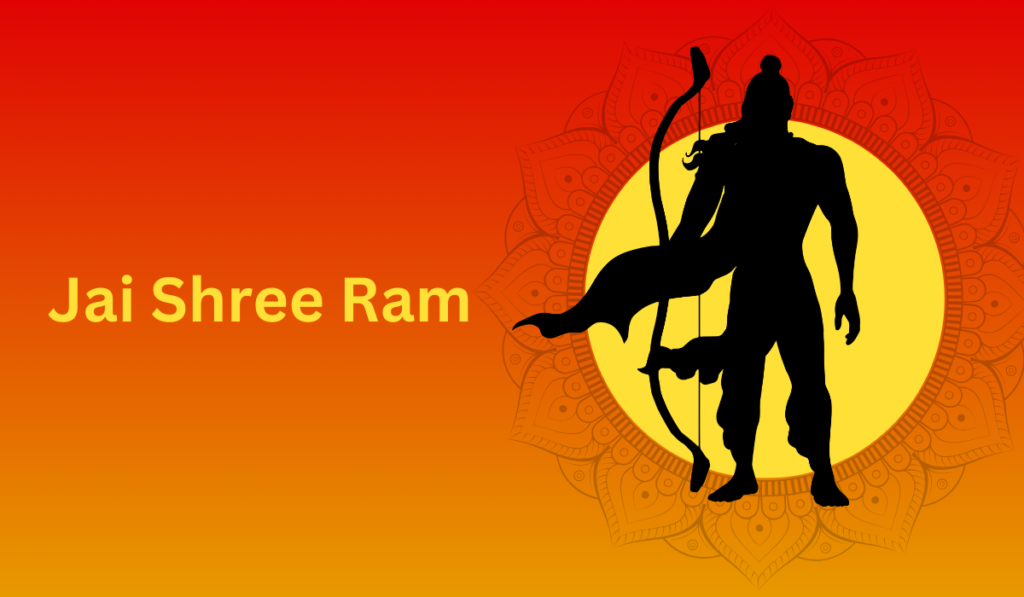
History and Significance:
The celebration of Ram Navami originates from the epic Ramayana, an ancient Sanskrit epic attributed to the sage Valmiki. According to the Ramayana, Lord Rama was born to King Dasharatha and Queen Kaushalya in the city of Ayodhya. Rama, revered as the epitome of righteousness (dharma), is depicted as the ideal son, husband, and king, embodying virtues such as truth, compassion, courage, and humility. His life and teachings continue to inspire millions around the world.
The Ramayana narrates the tale of Rama’s exile to the forest for fourteen years, his rescue of his abducted wife Sita from the demon king Ravana with the help of his devoted brother Lakshmana and the monkey warrior Hanuman, and the eventual triumph of good over evil in the battle of Lanka. Rama’s unwavering adherence to his duties and principles, even in the face of adversity, serves as a timeless lesson for humanity.
Ram Navami symbolizes the victory of righteousness and the defeat of evil forces. It serves as a reminder of the power of faith, devotion, and virtue in overcoming obstacles and leading a righteous life. The festival reinforces the importance of upholding moral values and fostering harmony, unity, and compassion in society.
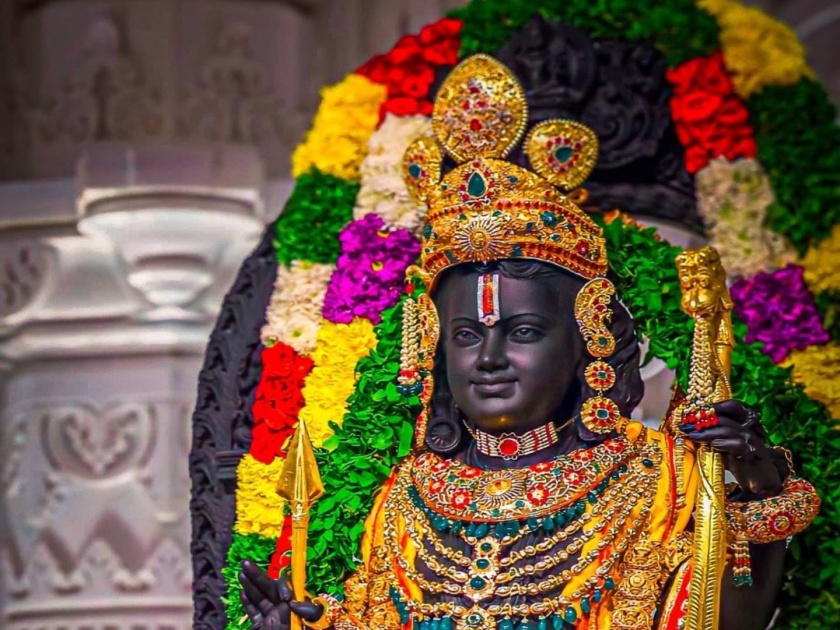
Celebrations and Rituals:
The celebration of Ram Navami varies across regions but generally involves a blend of religious ceremonies, cultural performances, and community gatherings. Devotees wake up early, take ritual baths, and adorn their homes and temples with flowers, rangoli and decorations. Special prayers and bhajans dedicated to Lord Rama are sung in temples and households.
Fasting is a common practice observed by many devotees on Ram Navami. Some devotees observe a complete fast, abstaining from food and water until sunset, while others opt for partial fasts, consuming fruits, milk, and other permissible items. The fast is undertaken as a form of penance and devotion, seeking the blessings of Lord Rama for spiritual growth and fulfillment of wishes.
In some regions, elaborate dramas or enactments known as Ramleela are performed, depicting scenes from the Ramayana, including Rama’s birth, his childhood exploits, his marriage to Sita, and the battle against Ravana. These performances serve as a means of retelling the epic narrative and imparting its moral lessons to the audience.
Processions are a highlight of Ram Navami celebrations in many places, especially in Ayodhya, the birthplace of Lord Rama, where grand processions are taken out with colorful floats, adorned elephants, and enthusiastic devotees chanting hymns and slogans praising Rama’s glory.
Impact and Influence of Lord Rama’s Teachings
Teachings of Lord Rama
Lord Rama’s life and teachings in the Ramayana preach values like righteousness, duty, sacrifice, and devotion. His exemplary conduct serves as a guiding light for millions, emphasizing the importance of upholding dharma in the face of adversity.
Relevance of Lord Rama’s teachings in daily life
The teachings of Lord Rama continue to resonate in modern times, offering timeless wisdom on navigating the complexities of life with integrity and compassion. His lessons on leadership, love, and loyalty inspire individuals to strive for excellence and uphold moral values in their daily lives.
Contemporary Relevance of Ram Navami in Modern Times
In today’s fast-paced world, Ram Navami serves as a reminder to pause, reflect, and connect with one’s spiritual roots. Devotees mark the occasion by visiting temples, volunteering, and engaging in acts of charity to honor Lord Rama’s legacy of selflessness and service.
As society grapples with moral dilemmas and ethical challenges, the timeless principles of Lord Rama offer a moral compass to navigate the complexities of contemporary life. By embodying Rama’s ideals of truth, compassion, and righteousness, individuals can strive to create a more harmonious and virtuous world. In conclusion, Ram Navami serves as a reminder of the timeless values and teachings embodied by Lord Rama, inspiring individuals to strive for righteousness and uphold dharma in their lives. As we honor and celebrate the birth of this divine figure, May the essence of Ram Navami continue to resonate in our hearts, guiding us towards a path of peace, virtue, and spiritual enlightenment.







